Zinc And Heart Disease
Zinc and heart disease. Moderate or severe acquired valvular disorders. And hardness c09 58. Researchers believe that decreased zinc levels might also increase your risk for cardiovascular disease.
Zinc has potent antioxidant properties which help to neutralize free radicals that may accelerate aging contribute to the development of chronic diseases like cancer and heart disease. Zinc Is Crucial for Heart Health. Zinc and Heart Disease Zinc has been known for its many protective capacities and functions.
Zinc itself could potentially induce heart damage except for its controller metallothionein. 3 Studies have found that zinc levels are often significantly lower in people with conditions like atherosclerosis coronary artery disease angina and cardiac ischemia reduced blood flow to the heart. Lower levels put you at a higher risk of heart disease.
Lean red meat is also a good source of protein omega-3 fatty acids vitamin B12 niacin zinc and iron. Higher magnesium intakes may. Inflammatory diseases of the heart.
It appears to have protective effects in coronary artery disease and cardiomyopa. Although better known for its immune boosting and wound healing properties zinc is present in heart muscle and interacts with calcium in ways to affect heart function that are not well-understood. Patients with serum zinc concentrations no higher than 141 μM at baseline had a higher risk for death from coronary heart disease than patients with serum zinc levels higher than 141 μM.
In addition to essential metabolic functions the level of Zinc in the body also affects the heart muscle. Thus the area of zinc homeostasis is emerging in cardiovascular disease research. Other diseases renal or hepatic failure.
Zinc is the major mineral that binds to metallothionein. By triggering inflammation and lowering the bodys level of cardio-protective compounds it can lead to clogged arteriesor worse.
The fact that it has an important role in states of cardiovascular diseases has been studied and described by several research groups.
Lower levels put you at a higher risk of heart disease. Researchers at the University of Kentucky found that a zinc deficiency can increase your risk of heart attack. By triggering inflammation and lowering the bodys level of cardio-protective compounds it can lead to clogged arteriesor worse. However low zinc levels have been associated with age disease and lack of nutritional intake. Circulation 2006 Some free unbound zinc is important in reducing adhesion of molecules of white blood cells to the inner lining endothelium of blood vessels. Zinc Is Crucial for Heart Health. 3 Studies have found that zinc levels are often significantly lower in people with conditions like atherosclerosis coronary artery disease angina and cardiac ischemia reduced blood flow to the heart. In such states replenishing with zinc has been shown to improve cardiac function and prevent further damage. HIGH DOSE ZINC TO TERMINATE ANGINA PECTORIS.
3 Studies have found that zinc levels are often significantly lower in people with conditions like atherosclerosis coronary artery disease angina and cardiac ischemia reduced blood flow to the heart. Zinc is the major mineral that binds to metallothionein. This suggests that a low zinc level can be used as a marker to predict coronary events in. However low zinc levels have been associated with age disease and lack of nutritional intake. Zinc has potent antioxidant properties which help to neutralize free radicals that may accelerate aging contribute to the development of chronic diseases like cancer and heart disease. Researchers at the University of Kentucky found that a zinc deficiency can increase your risk of heart attack. Circulation 2006 Some free unbound zinc is important in reducing adhesion of molecules of white blood cells to the inner lining endothelium of blood vessels.




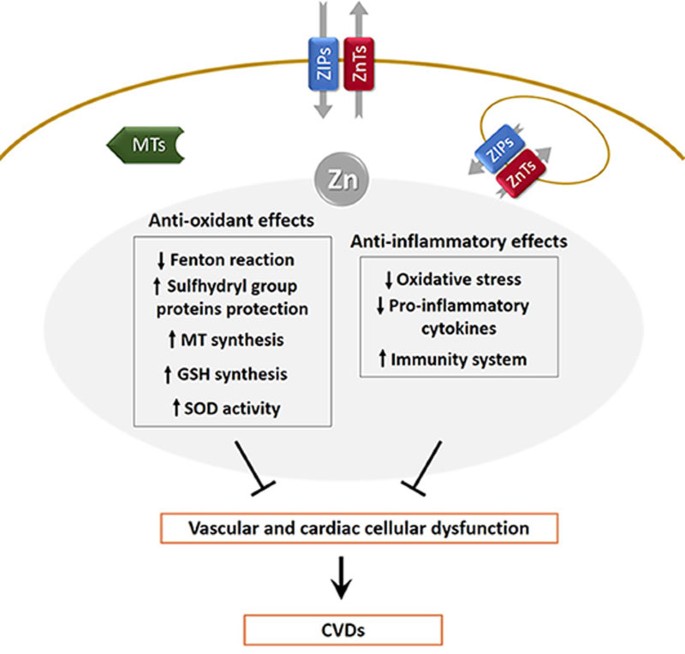

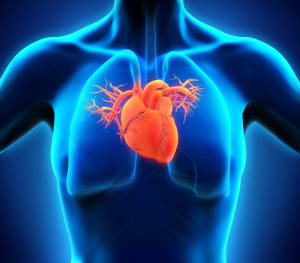




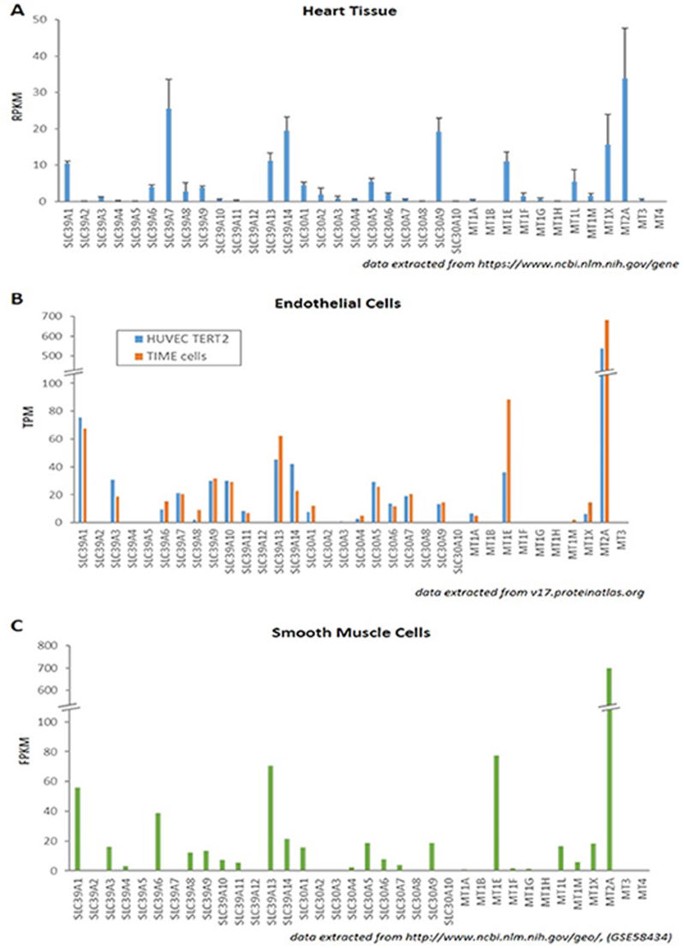




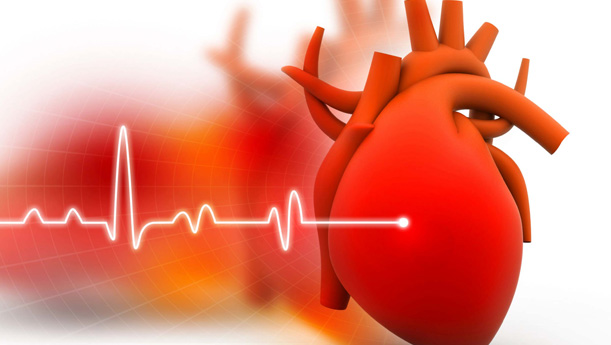


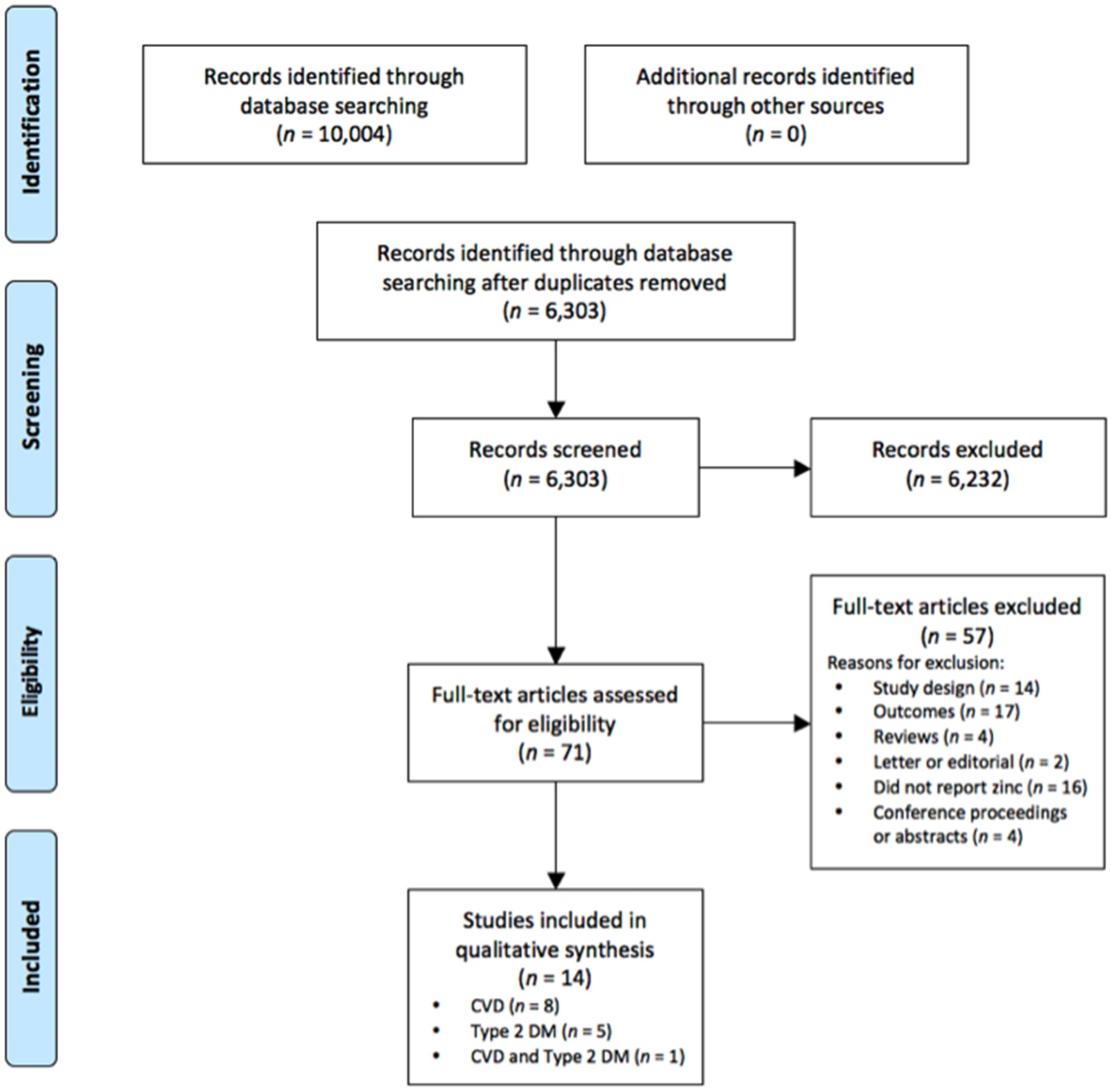

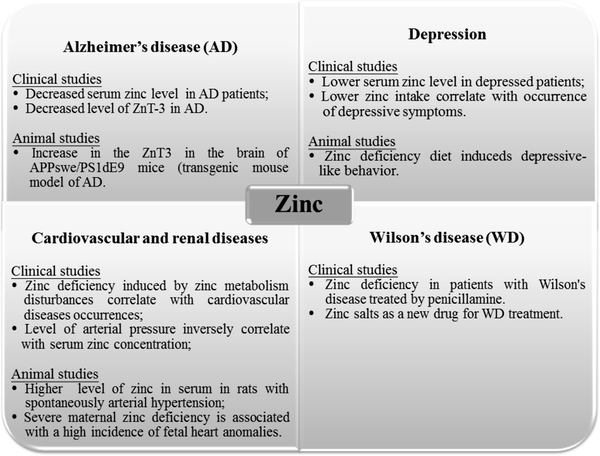




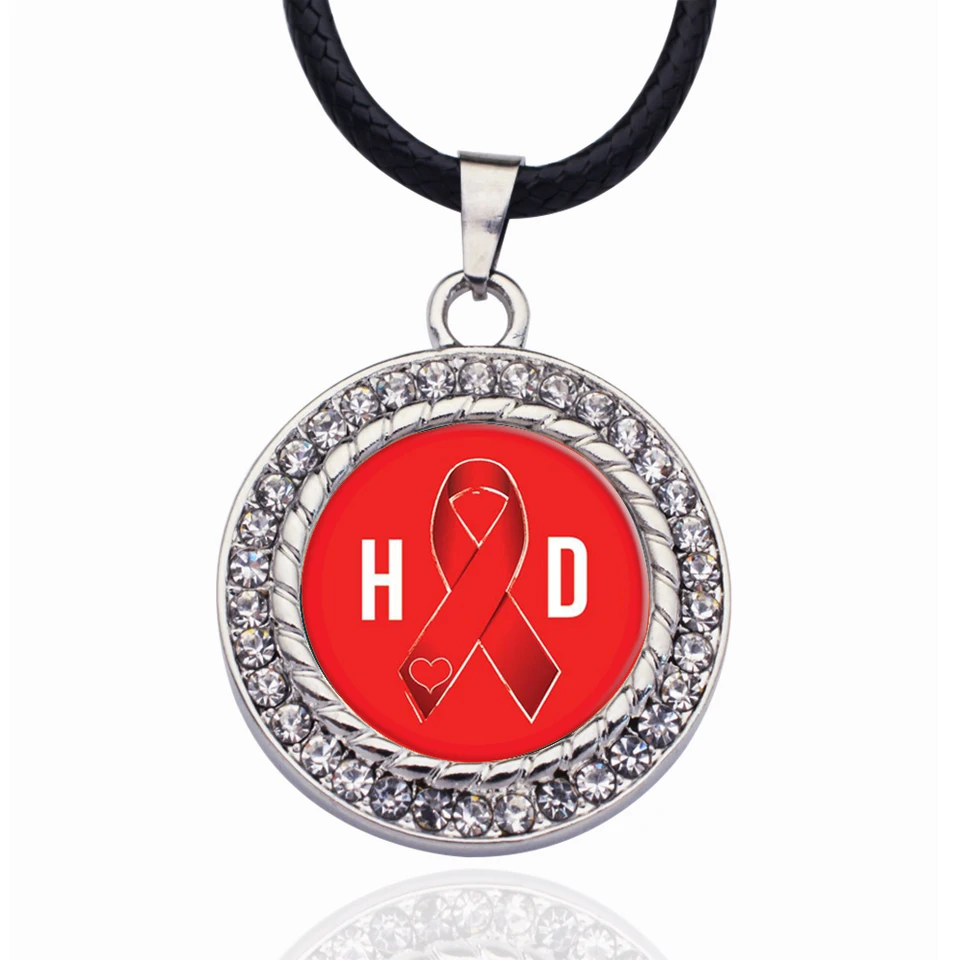









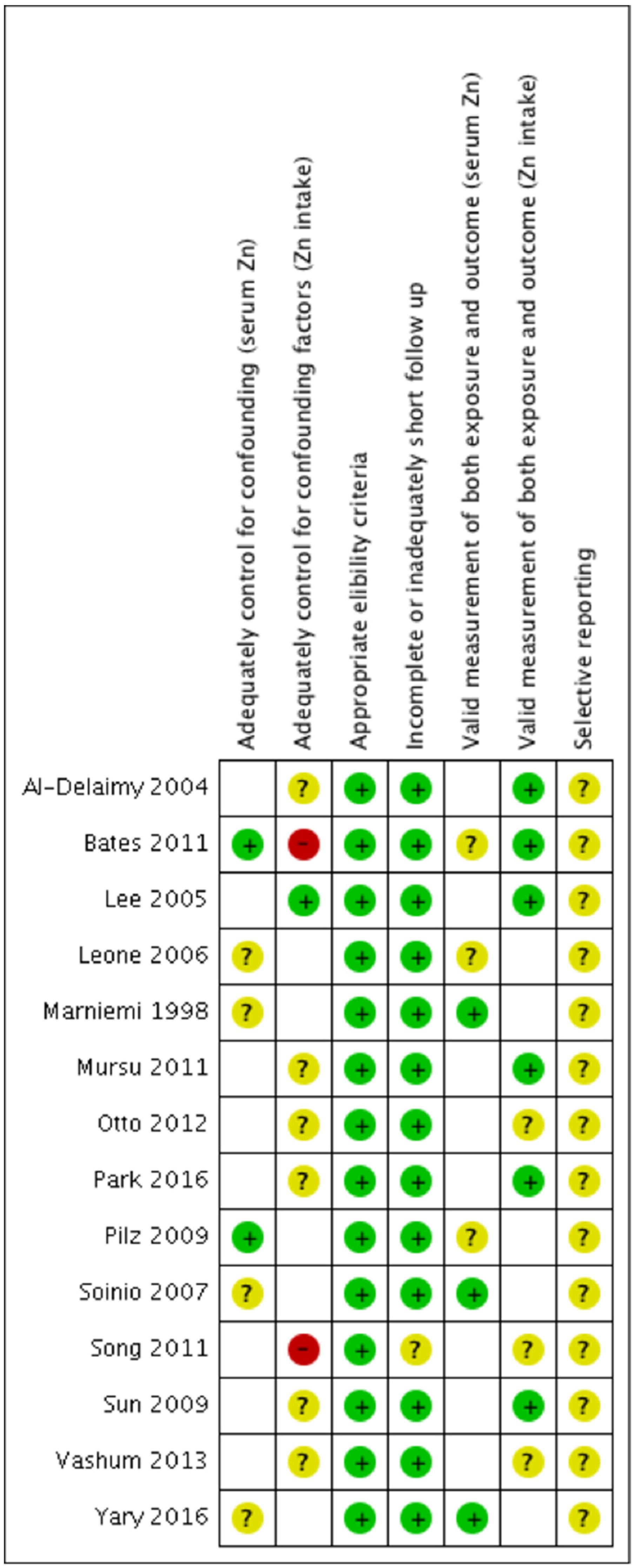








Posting Komentar untuk "Zinc And Heart Disease"